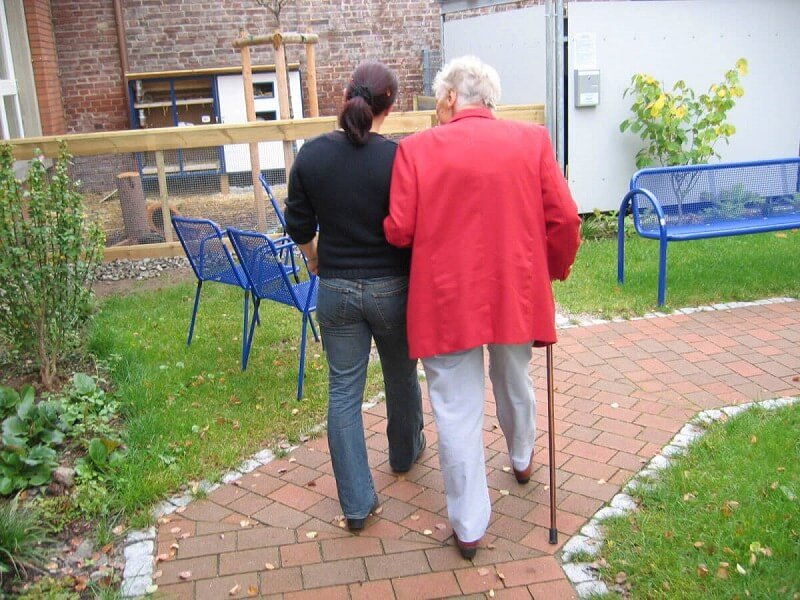A Comprehensive Guide to Alzheimer's Care at Home
Alzheimer's disease is a progressive neurological disorder that affects the brain and causes a decline in cognitive function, particularly in memory problems, language, reasoning and a person’s ability to look after one’s self.
Caring for a loved one with Alzheimer's disease at home requires compassion, patience, and a deep understanding of the challenges both the individual and the caregiver may face. Alzheimer's is a progressive neurological disorder that affects memory, cognition, and daily functioning. Providing care within the familiar and comforting environment of home can enhance the overall well-being of the individual. In this blog, we'll explore practical tips and strategies for Alzheimer's care at home, ensuring a nurturing and supportive environment.
Creating a Safe and Comfortable Environment:
1. Home Modifications: Begin by making your home safe and easy to navigate. Remove tripping hazards, install handrails, and ensure adequate lighting in all areas. Consider labeling rooms and using contrasting colors to help with recognition.
2. Establish Routines: Consistency is key for individuals with Alzheimer's. Establish daily routines for meals, medication, and activities. A predictable schedule can provide a sense of security and reduce anxiety.
3. Memory Aids: Utilize memory aids such as calendars, clocks, and labeled drawers or cabinets to help the individual with orientation and daily tasks. Keep important information visible and easily accessible.
Effective Communication:
1. Clear and Simple Communication: Speak in a calm and clear manner, using simple sentences. Allow time for the individual to process information and respond. Non-verbal cues, such as facial expressions and gestures, can enhance understanding.
2. Active Listening: Pay close attention to verbal and non-verbal cues from your loved one. Listen with patience and empathy, even if the conversation becomes repetitive. This fosters a supportive and trusting relationship.
Engaging Activities:
Tailored Activities: Plan activities that align with the individual's interests and abilities. Simple, enjoyable activities, such as listening to music, doing puzzles, or engaging in gentle exercises, can provide mental stimulation and a sense of accomplishment.
2. Social Interaction: Encourage social engagement with friends, family, and community. Maintain connections with loved ones to provide emotional support and combat feelings of isolation.
Caregiver Well-being:
1. Self-Care: Caring for someone with Alzheimer's can be emotionally and physically demanding. Prioritize your own well-being by taking breaks, seeking support from friends and family, and considering respite care services.
2. Educate Yourself: Stay informed about Alzheimer's disease, its progression, and available resources. Knowledge empowers caregivers to navigate challenges more effectively and provide the best possible care.
In-Home Care for Alzheimer’s & Dementia Patients
Alzheimer's care at home demands a holistic and compassionate approach. By creating a safe environment, adopting effective communication strategies, engaging in meaningful activities, and prioritizing caregiver well-being, you can enhance the quality of life for both the individual with Alzheimer's and yourself. Remember, each journey is unique, and adapting to changing needs with flexibility and love is fundamental in providing the best care at home.
To help people living with Alzheimer’s maintain a high quality of life, and provide support to their loved ones, our nursing agency provides a wide variety of dementia care and other healthcare services.
Many families feel more at ease by choosing in-home care over a nursing home. It is less disruptive to the patient and the family can have more involvement in the care given. We pride ourselves on the compassionate care we provide. Please contact us if you have any questions and want to know more about how we can help support your family’s healthcare needs.



